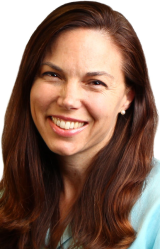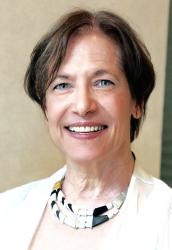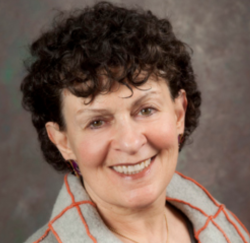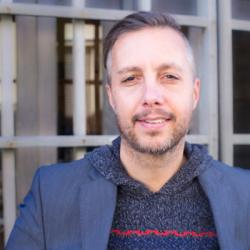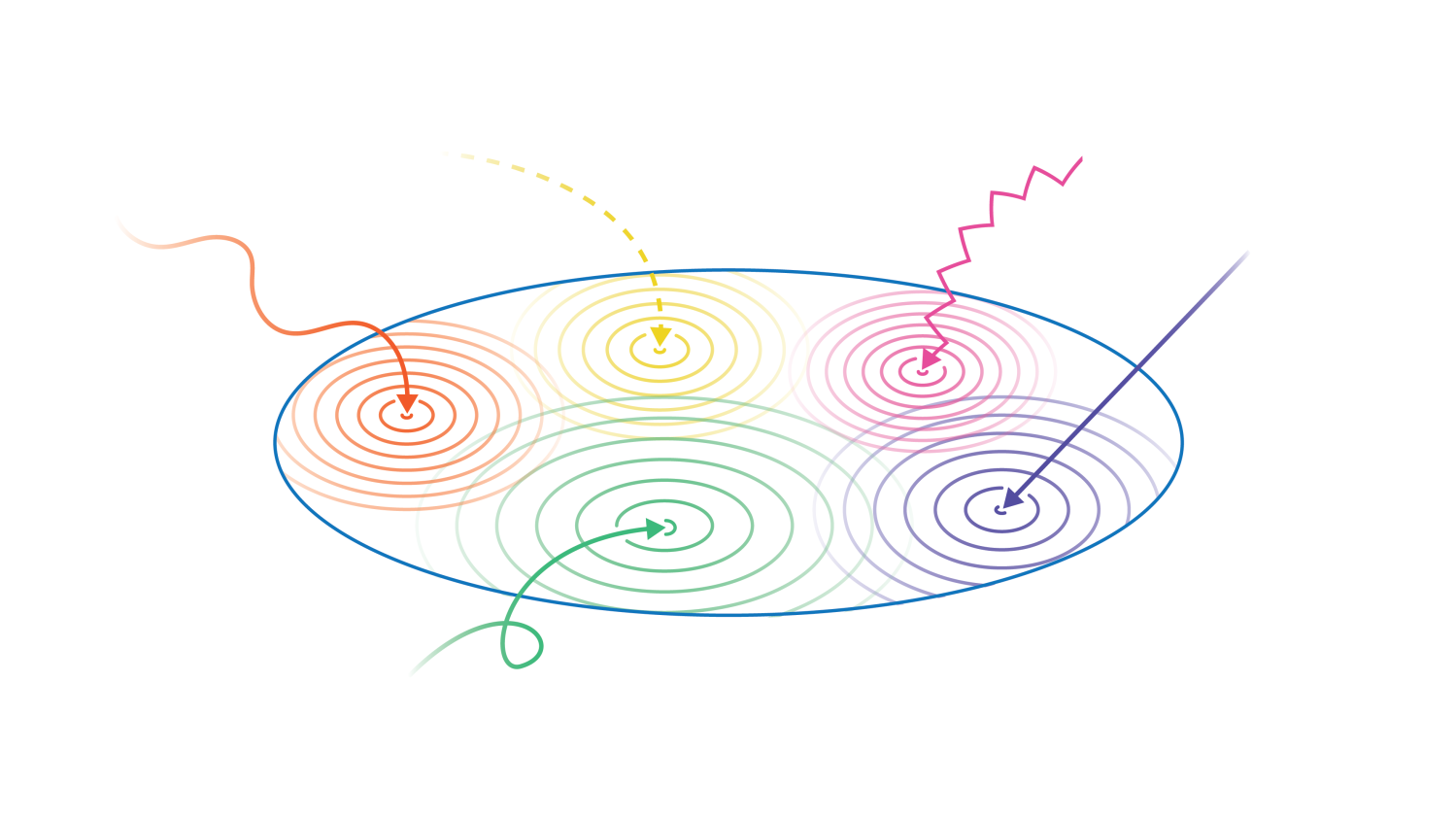This paper was originally published by New America and can be accessed here.
The [late 20th Century] belonged to a certain kind of person with a certain kind of mind— computer programmers who could crank code, lawyers who could craft contracts, MBAs who could crunch numbers. But the keys to the kingdom are changing hands. The future belongs to a very different kind of person with a very different kind of mind—creators and empathizers, pattern recognizers and meaning makers.
— Daniel Pink, 2005, in A Whole New Mind
These lines from psychologist Daniel Pink’s landmark book, A Whole New Mind, presaged the past two decades of the paradigm shift we see all around us. We are at the precipice of a new Age of Creativity. The age of crunching numbers and organizing information is no longer enough to help society move forward, especially as artificial intelligence agents like ChatGPT and OpenArt can synthesize data to write Shakespearean prose and produce replicas of Picasso’s paintings in seconds. As mind-boggling as these technologies are, writing recaps of already-existing information or reproducing art will not solve society’s most wicked problems.1
Synthesis and production must give way to innovation. Originality—the ability to create something new—will become the valued currency of our time, especially in the face of the increasing chaos and complexity caused by things like pandemics, natural disasters, climate change, political instability, rising inequality, and structural racism.
Can we help people become brilliant innovators? Yes—once we also recognize that creativity is unleashed by collaborating across diverse domains. Too often, brilliant minds work within the confines of their own knowledge, worldview, and walls. This approach misses critical opportunities to provide spaces and experiences for people to gain new mindsets and perspectives by working on solutions with experts they might not otherwise encounter.
The Learning Sciences Exchange (LSX) fellowship program was built to spark new mindsets and become a platform for collaboration.2 Launched in 2018, LSX was designed to bring together high-achieving, mid-career professionals from different cultural backgrounds and sectors3 to give birth to new approaches for solving problems in education. By stimulating creativity through collaborative design and problem-solving, initiatives like LSX can catalyze innovation and help highly motivated problem-solvers lose their “blinders” by seeing through different lenses, beyond what their own sectors can offer.
How the Learning Sciences Exchange (LSX) works
LSX is a two-year fellowship program that promotes virtual and in-person collaboration among professionals who do not typically intersect. Among its features:
|
This paper reflects on what we have learned from five years of developing this unusual approach to collaboration and describes the program’s origins, design, and challenges and opportunities. We believe the LSX model has huge potential for fostering the innovation and creativity needed in this new age—a model that could work beyond the realm of education and bring positive change to many other fields as well. The results we are seeing include an ever-growing network of innovators whose ideas intersect, creating emergent solutions that could not be borne of any single sector.
-
Footnotes
- Throughout the paper, we use the term “wicked problems” to describe complex and difficult-to-solve issues. The term originated from urban planners in 1973 who were frustrated with solely using science to address social problems. Although scholars debate the validity of “wicked” as a separate category of problems, the term evokes a natural curiosity and highlights the active discovery and negotiation of problems in society as we strive to understand their impact.
- LSX is administered by New America, funded by the Jacobs Foundation, and steered by a committee that includes the co-founders of the program (Roberta Golinkoff of the University of Delaware, Lisa Guernsey of New America, and Kathy Hirsh-Pasek of Temple University) as well as Jacobs Foundation officials (from 2017–22, this has included Urs Arnold and Cathrin Jerie) and the LSX coordinator at New America (Sabia Prescott until 2020 and now Elise Franchino). When we started the program in the fall of 2017 (we made the first call for applications in November 2017), our advisory board included Rebecca Winthrop of the Brookings Institution. Hirsh-Pasek is also affiliated with Brookings as a senior fellow. For these reasons, New America and Brookings are co-publishing this white paper.
- We use the term “sector” to mean one’s professional sphere. In the LSX program, we draw applicants from five sectors: journalism, entertainment, the science of learning, social entrepreneurship, and education leadership (denoted in the first four years as “policy” and “systems”). Another term for “sector” could be “discipline” or “specialization.”
The Brookings Institution is committed to quality, independence, and impact.
We are supported by a diverse array of funders. In line with our values and policies, each Brookings publication represents the sole views of its author(s).
